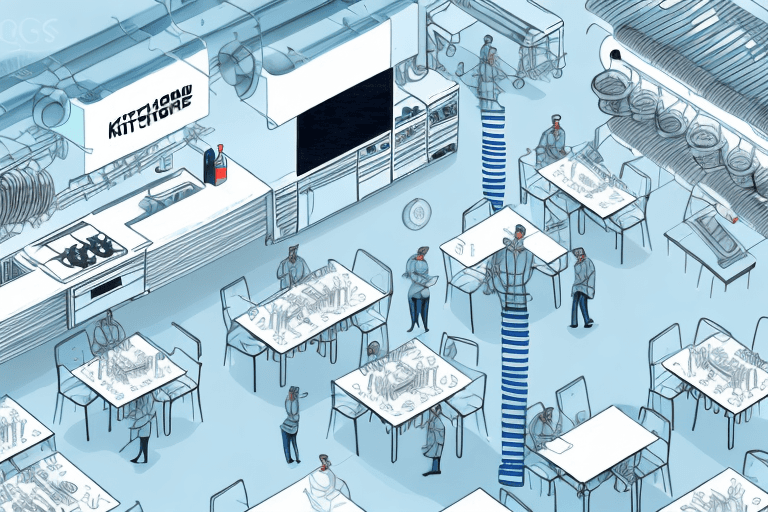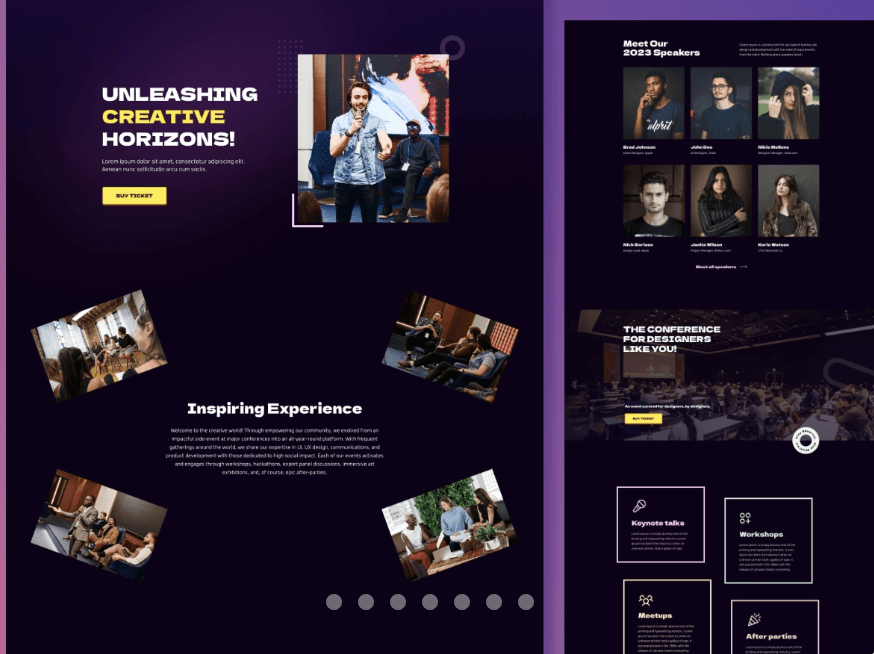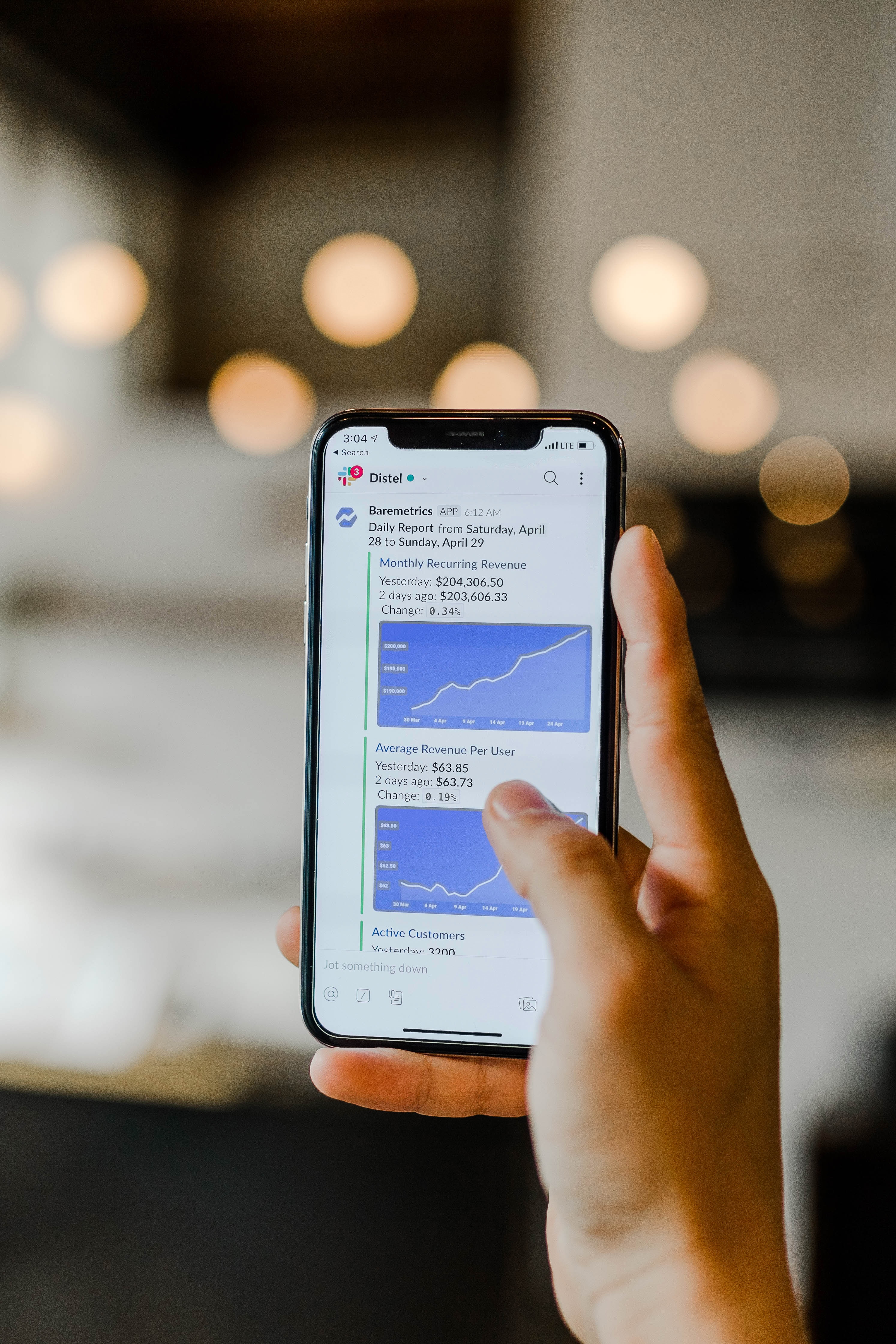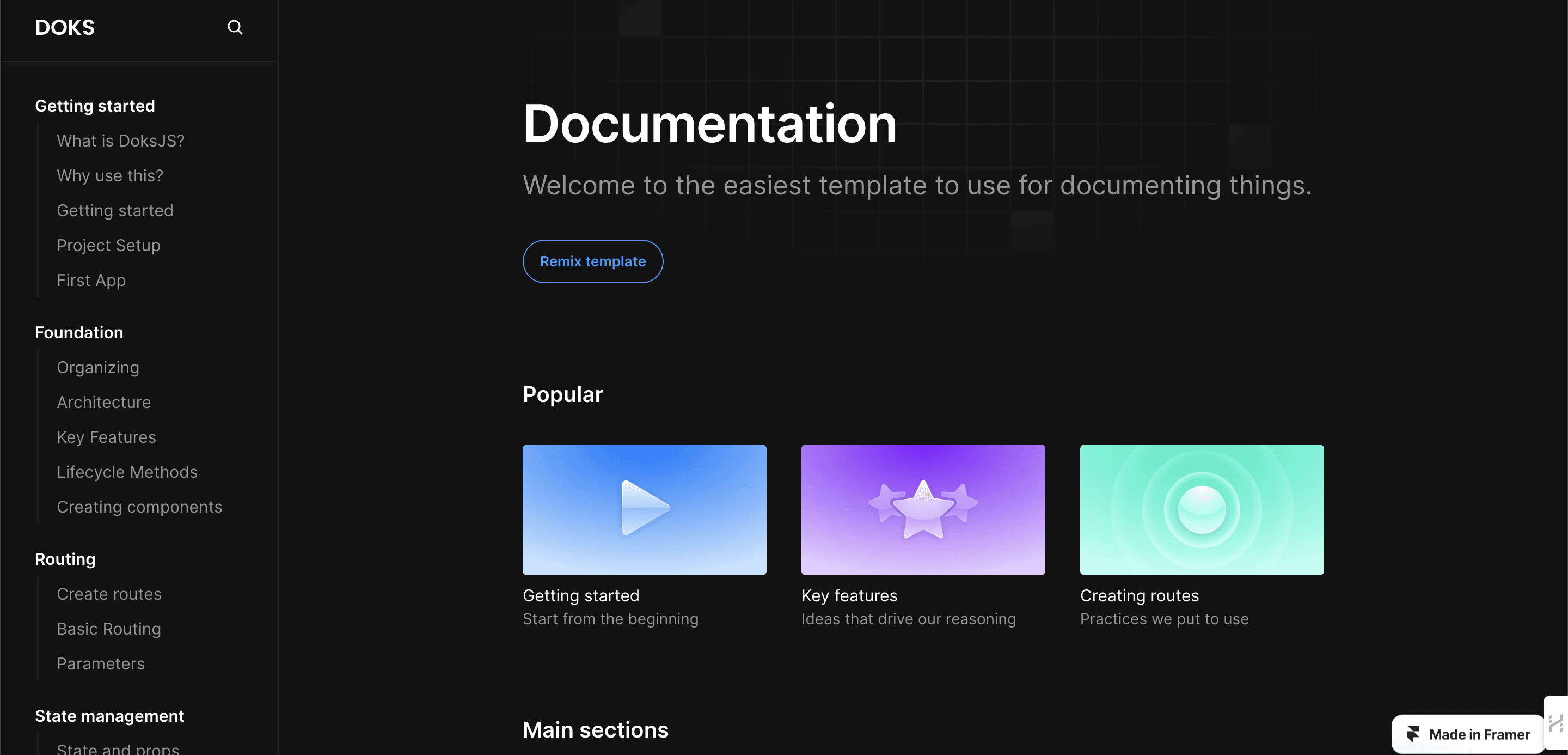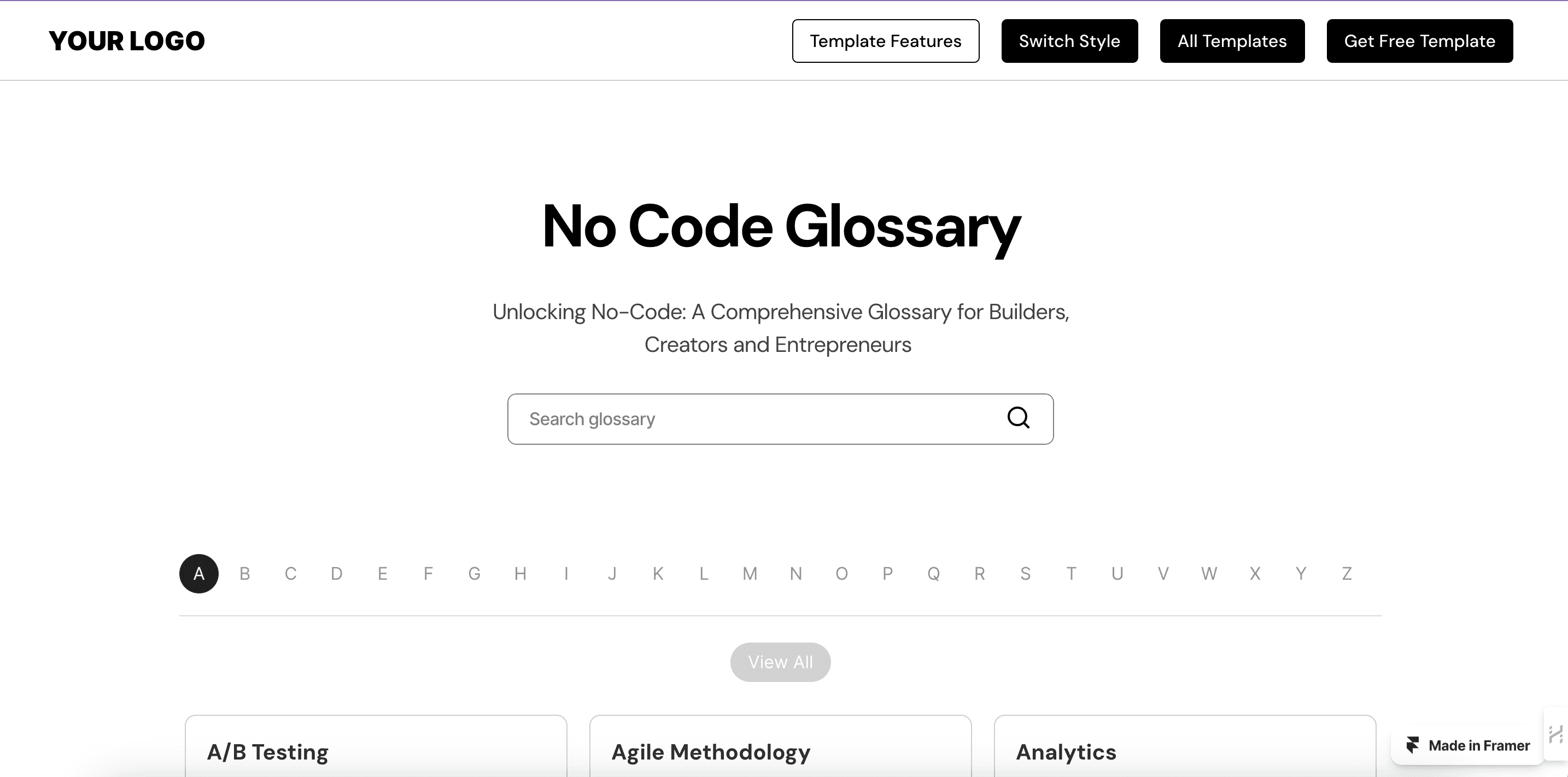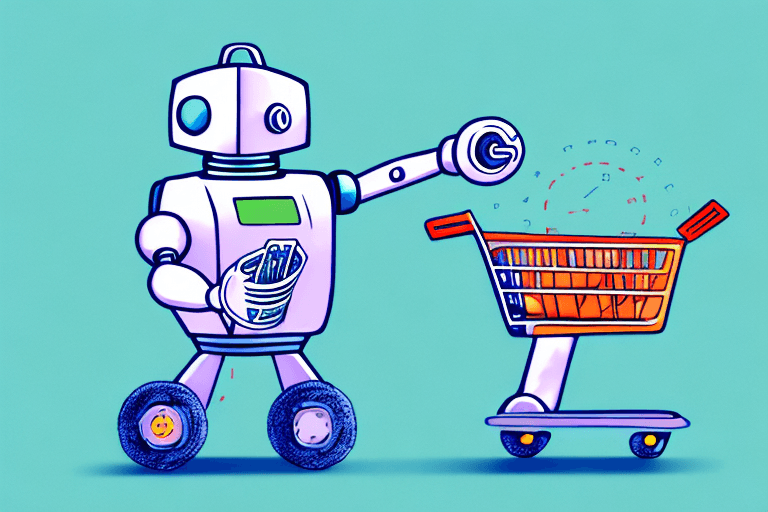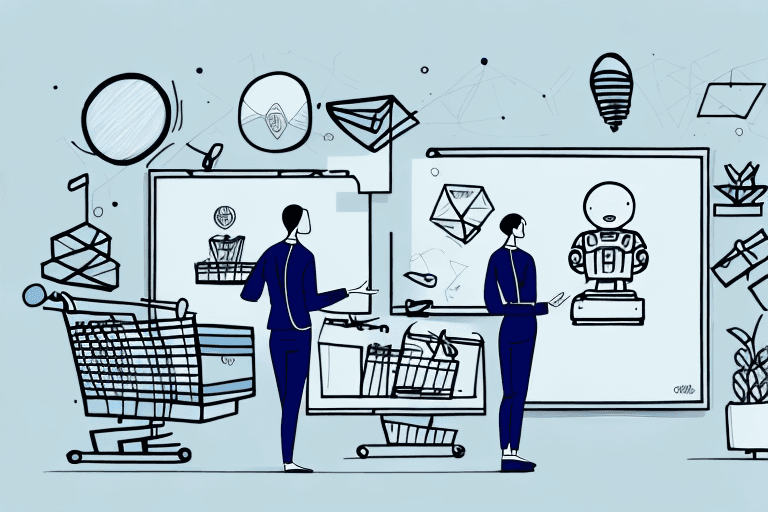22 Mar 2023
AI in Food: Best Practices and Strategies for Incorporating AI in Restaurants
The restaurant industry is undergoing a transformative shift driven by technological advancements. Artificial intelligence (AI) stands out as a game-changer, impacting everything from back-of-house operations to front-of-house customer experiences. This article delves into the world of AI in restaurants, exploring best practices and strategic implementation methods. We'll examine the growing role of AI in the food industry, its potential benefits and challenges, and showcase real-world examples of how AI is redefining the way restaurants operate and how diners interact with them.
Understanding the Role of AI in the Food Industry
Artificial Intelligence refers to a set of technologies that are designed to mimic human intelligence, such as machine learning and natural language processing. In the food industry, AI is used to automate processes, improve efficiency, and enhance the customer experience. It can analyze data from various sources, including social media, customer feedback, and sales data, to provide insights that can help restaurants better understand customer preferences and make informed decisions.
AI has the potential to revolutionize the food industry by providing valuable insights into customer behavior and preferences. By analyzing data from various sources, AI can identify trends and patterns that can help restaurants make informed decisions about menu offerings, pricing, and promotions. For example, AI can analyze social media data to determine which menu items are most popular among customers and use that information to make informed decisions about menu offerings.
The Evolution of AI in Restaurants
AI technology is not new to the food industry. In fact, restaurant chains such as McDonald's have been using AI-powered technologies for years, such as self-order kiosks and mobile apps with personalized recommendations. However, recent advancements have made AI more accessible and affordable for small and medium-sized businesses.
With the increasing availability of AI technology, more and more restaurants are embracing the use of AI to improve their operations and enhance the customer experience. From chatbots that can answer customer questions to predictive analytics that can help restaurants anticipate demand, AI is transforming the way restaurants do business.
Key Benefits of AI for Food Businesses
The potential benefits of AI adoption in restaurants are numerous. Among other things, AI technology can improve operational efficiency, quality control, inventory management, and customer service. It can also help restaurants to reduce costs, increase revenue, and stay competitive in a crowded market. AI has the potential to enhance the customer experience, enabling restaurants to personalize menu recommendations and provide faster and more accurate service.
One of the key benefits of AI in the food industry is its ability to automate processes and reduce the workload of restaurant staff. For example, AI-powered inventory management systems can automatically track inventory levels and alert staff when supplies are running low. This can help restaurants to reduce waste and save money on inventory costs.
Challenges and Limitations of AI Adoption
As with any new technology, AI adoption in restaurants also poses challenges and limitations. For example, some restaurants may face resistance from employees who fear that AI technology will replace their jobs. Additionally, integrating AI with existing systems can be challenging, and implementing new technologies can be costly. It's important for restaurants to carefully weigh the potential benefits and challenges of AI adoption and develop a plan that works best for their specific business.
Another potential challenge of AI adoption in the food industry is the need for data privacy and security. As restaurants collect more data about their customers, they must ensure that this data is stored securely and that customer privacy is protected. This requires restaurants to implement robust data security measures and to comply with data protection regulations.
Despite these challenges, the potential benefits of AI adoption in the food industry are significant. By embracing AI technology, restaurants can improve their operations, enhance the customer experience, and stay competitive in a rapidly evolving market.
AI Applications Transforming the Restaurant Experience
There are numerous AI applications that can transform the restaurant experience for customers and employees alike. Here are a few examples:
AI-Powered Chatbots and Virtual Assistants
Chatbots and virtual assistants use natural language processing to provide personalized customer service and support. They can help customers to place an order, answer basic questions, and provide recommendations based on past behavior. Additionally, they can analyze customer feedback to improve service and identify areas for improvement.
Imagine walking into a restaurant and being greeted by a friendly chatbot who greets you by name and asks if you would like to try the new dish on the menu. The chatbot can also suggest drinks that pair well with your meal and can even remember your previous orders and make recommendations based on your past preferences. This personal touch can make customers feel valued and appreciated.
Smart Inventory Management and Supply Chain Optimization
AI can be used to optimize inventory management and supply chain logistics, reducing waste and improving efficiency. It can analyze sales data, weather patterns, and other factors to predict demand and adjust inventory levels accordingly. This can help to ensure that restaurants have the right amount of food and supplies on hand while reducing excess waste.
With AI-powered inventory management, restaurants can avoid overstocking or understocking, which can lead to food waste and lost revenue. By accurately predicting demand, restaurants can ensure that they always have enough ingredients on hand to meet customer needs, while also minimizing waste and reducing costs.
AI-Driven Personalization and Customer Engagement
AI can help restaurants to personalize the customer experience by analyzing customer data and preferences. It can also help to improve customer engagement by providing personalized recommendations, loyalty rewards, and other incentives. This can help to build customer loyalty and increase customer retention rates.
By using AI to analyze customer data, restaurants can gain insights into their customers' preferences and behavior. This information can be used to create personalized experiences, such as customized menus or special promotions. By making customers feel valued and appreciated, restaurants can build long-term relationships and improve customer retention rates.
Automated Food Preparation and Delivery
AI-powered robots can automate food preparation, reducing wait times and increasing efficiency. Additionally, automated delivery systems can help restaurants to deliver food faster and more accurately, improving the overall customer experience.
Imagine a restaurant where food is prepared and delivered by robots. This not only reduces the risk of human error but also ensures that food is prepared consistently and accurately. Automated delivery systems can also help to reduce wait times, ensuring that customers receive their food quickly and efficiently.
Overall, AI has the potential to transform the restaurant industry by improving efficiency, reducing waste, and providing personalized experiences for customers. As AI technology continues to evolve, we can expect to see even more innovative applications that enhance the restaurant experience for everyone involved.
Best Practices for Implementing AI in Restaurants
While AI technology has great potential for restaurants, it's important to develop a strategic plan before implementing it. Here are some best practices to keep in mind:
Identifying the Right AI Solutions for Your Business
Before adopting AI technology, restaurants should carefully consider their specific needs and challenges. They should research available solutions and work with technology providers to find the best fit for their business such as coffee shops and Nespresso machines.
For instance, a restaurant that experiences long wait times during peak hours could benefit from an AI-powered waitlist management system. On the other hand, a restaurant that struggles with inventory management could benefit from an AI-powered system that tracks inventory levels and predicts demand.
Integrating AI Technology with Existing Systems
Integrating new technologies with existing systems can be challenging. Restaurants should work with technology providers to ensure a smooth integration process, minimizing disruptions to existing operations.
One way to ensure a smooth integration process is to start with a pilot program. This allows restaurants to test the technology on a small scale and make any necessary adjustments before rolling it out to the entire business.
Training Staff and Ensuring Smooth Adoption
Successful AI adoption in restaurants requires training and education for employees. It's essential to ensure that staff members are familiar with AI technology and understand how to use it effectively.
Training can take many forms, from in-person sessions to online tutorials. It's important to tailor the training to the specific needs of each employee and provide ongoing support as they learn to use the new technology.
Measuring the Impact of AI on Business Performance
Finally, it's important for restaurants to measure the impact of AI technology on their business performance. This can help to identify areas for improvement and adjust strategies accordingly.
One way to measure the impact of AI is to track key performance indicators (KPIs) such as customer satisfaction, wait times, and sales. By comparing these metrics before and after implementing AI technology, restaurants can determine whether the technology is having a positive impact on their business.
Overall, implementing AI technology in restaurants requires careful planning, integration, training, and measurement. By following these best practices, restaurants can maximize the benefits of AI while minimizing disruptions to their operations.
Developing a Future-Proof AI Strategy for Your Restaurant
The restaurant industry is constantly evolving, and as AI technology continues to advance, it's essential for restaurants to develop a future-proof strategy that can adapt to changing trends and technologies. Here are some tips to keep in mind:
Staying Informed on Emerging AI Trends and Innovations
Restaurants should stay up-to-date with emerging AI trends and innovations and adjust their strategy accordingly. Keeping informed about new technologies and considering how they might impact the restaurant industry is vital for future-proofing a business. For example, AI chatbots are becoming increasingly popular in the restaurant industry, as they offer 24/7 customer service and can handle reservations and orders without the need for human intervention.
Another emerging trend is the use of AI to analyze customer data and provide personalized recommendations. By analyzing customer preferences and purchase history, AI can help restaurants offer tailored recommendations that improve the customer experience and increase sales.
Investing in Continuous Improvement and AI Upgrades
AI technology is not static, and it's essential to invest in continuous improvement and upgrades to stay ahead of the competition. Restaurants should work with technology providers to ensure that they are using the latest and most effective AI solutions. For example, implementing AI-powered inventory management systems can help restaurants optimize their supply chain and reduce waste.
AI can also be used to improve the efficiency of restaurant operations. For example, AI-powered scheduling software can help managers create optimized schedules that take into account employee availability, business needs, and labor costs.
Balancing Human Touch with AI Automation
While AI can provide efficiency and personalization, it's important not to lose sight of the value of human interaction in the restaurant experience. Restaurants should strive to provide a personalized and welcoming environment that combines the best of both worlds. For example, AI-powered tableside tablets can enhance the customer experience by allowing customers to place orders and pay their bill without the need for a server.
However, it's important to remember that not all customers will be comfortable with this level of automation. Restaurants should ensure that they have a mix of AI and human interaction to cater to all customers' preferences.
Preparing for Ethical and Regulatory Considerations
As with any new technology, AI adoption in restaurants poses ethical and regulatory considerations. It's important for restaurants to consider the potential impact of AI on privacy, security, and other ethical concerns, and ensure that they are following best practices and regulations.
Restaurants should also be transparent about their use of AI and how it impacts customers. For example, if a restaurant uses AI to analyze customer data, they should inform customers about what data is being collected and how it is being used.
In conclusion, AI technology has the potential to revolutionize the restaurant industry, providing efficiency, personalization, and improved customer service. However, successful AI adoption requires careful planning and implementation. By staying informed about emerging trends, investing in continuous improvement and upgrades, balancing human touch with AI automation, and preparing for ethical and regulatory considerations, restaurants can stay ahead of the curve and provide the best possible experience for their customers.
Want ideas on how to automate with AI for your business? Whether it's integrating ChatGPT in your business, or creating a custom chatbot, our team of AI developers, can help you be more efficient, generate more revenue and leverage AI today.
Frequently Asked Questions (FAQs)
1. What is the role of AI in the food industry and how does it benefit restaurants?
Artificial Intelligence (AI) in the food industry involves using technologies like machine learning and natural language processing to automate processes, enhance efficiency, and improve the customer experience. For restaurants, AI can analyze data from various sources to understand customer preferences, optimize menu offerings, pricing, and promotions, leading to informed decisions and improved customer satisfaction.
2. How has AI adoption evolved in the restaurant industry?
AI adoption in the restaurant industry has progressed over the years, with chains like McDonald's using technologies such as self-order kiosks coffee maker with built-in grinder and personalized mobile apps. Recent advancements have made AI more accessible and affordable for smaller businesses. From predictive analytics to chatbots, restaurants are now leveraging AI to enhance operations and customer interactions.
3. What are the key benefits of incorporating AI in food businesses?
AI adoption in restaurants offers various benefits, including operational efficiency, improved quality control, better inventory management, and enhanced customer service. It can also lead to cost reduction, increased revenue, and competitiveness. By personalizing menu recommendations and providing faster service, AI enhances the overall customer experience.
4. What challenges and limitations are associated with AI adoption in restaurants?
While AI adoption holds promise, challenges include potential employee resistance to job replacement, integration difficulties with existing systems, and upfront costs. Data privacy and security concerns are also critical, as restaurants must safeguard customer data while complying with regulations. Careful consideration of these challenges is essential when planning AI implementation.
5. What are some examples of AI applications transforming the restaurant experience?
AI applications are revolutionizing the restaurant experience. Examples include AI-powered chatbots providing personalized customer service, smart inventory management predicting demand and reducing waste, AI-driven personalization enhancing customer engagement, and automated food preparation and delivery through robots. These applications improve efficiency, accuracy, and customer satisfaction.
6. What are the best practices for implementing AI in restaurants?
Implementing AI in restaurants requires careful planning. Start by identifying suitable AI solutions for specific business needs. Integration with existing systems should be smooth, possibly starting with a pilot program. Training staff for AI use is crucial, and tracking key performance indicators helps measure its impact. Regular upgrades and staying informed about AI trends are also important.
7. How can restaurants develop a future-proof AI strategy?
Restaurants should stay informed about emerging AI trends and innovations to adapt their strategy. Continuously investing in AI upgrades and improvements keeps them competitive. Balancing AI automation with human interaction preserves the personalized touch. Addressing ethical and regulatory considerations, and ensuring transparent communication with customers about AI usage, helps develop a future-proof AI strategy.

